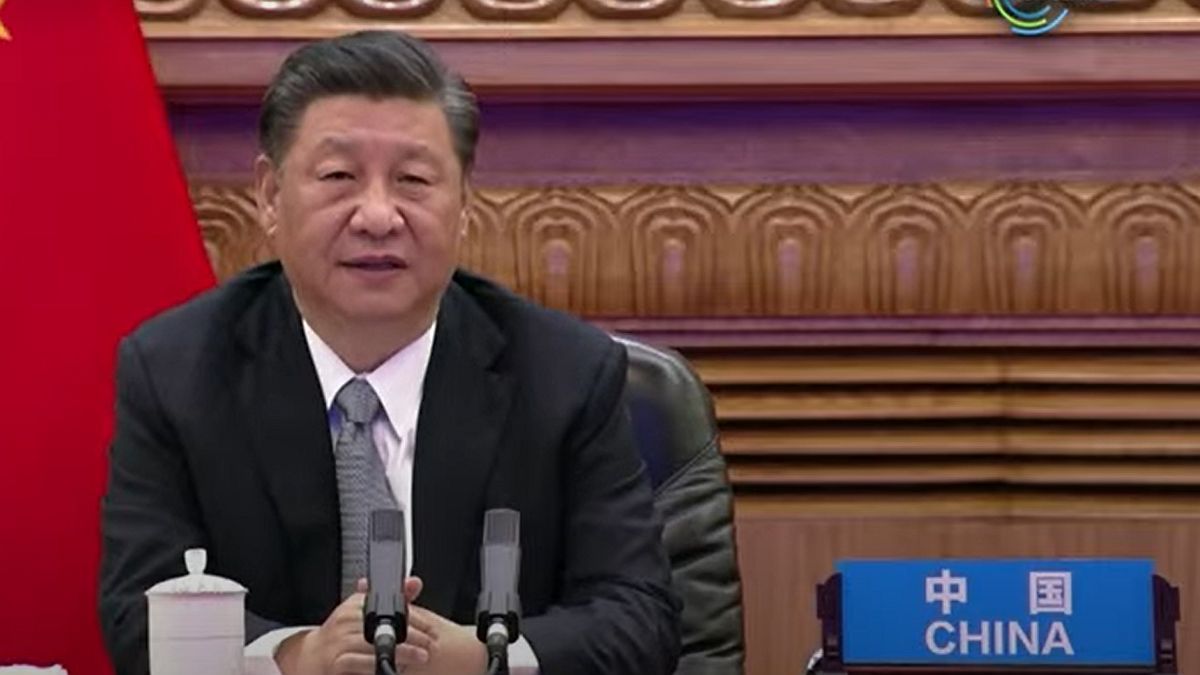Alfredo Schclarek Curutchet, economist and researcher at Conicet, pointed out: “The advantage that Argentina has is that our production is complemented by the demands and needs of China, therefore, this agreement is a possibility and an opportunity for the country. On the other hand, it requires us to seize that opportunity. If Argentina only remains in the position of receiving Chinese investment, and not developing an industry that exports, we will be losing that opportunity to reverse this deficit and make this agreement beneficial. An active policy is required on the part of the State to help Argentine companies so that they can sell products in China and develop that market”.
In this sense, he added that the agreement presents an opportunity to export finished products, since “a part of the Chinese population prefers to buy imported food rather than consume food of national Chinese origin, due to contamination and sanitary problems of food. ”. “The great challenge is to compete with other countries that already sell this type of food, such as Germany, and guarantee the sanitary quality of what is exported,” he added.
For its part, Federico Vacarezza A specialist in international trade relations, he maintained that the central axis of the agreement is placed on large infrastructure projects, “so that the productive and export capacity will be indirectly strengthened.” But he also added that the injection of capital will end up conditioning Argentina “because today it has a very large deficit, and the agreement does not provide for tariffs to be lowered nor does it provide possibilities for exporting.” “China is going to defend its industrialization, which is why it will probably increase the degree of export primarization that our country has towards the Asian giant,” he analyzed.
Víctor Beker, director of the Center for Studies for the New Economy, agreed, saying that he does not believe that the agreement will stabilize the trade balance, but rather “aims to promote Chinese investment projects in Argentina.”
As opposed, Carlos Alexander Nahas, Master in international trade relations, stressed that Argentina is capable of exporting high-value products and that the agreement will facilitate it. “There are high value-added exports that perhaps China needs. The advancement of robotics, information technology, cybernetics, artificial intelligence and lithium would allow us to export high-value merchandise.”
In relation to the possibility of Argentina reversing the deficit, there were different responses.
“Argentina is not going to reverse the deficit situation, in fact, it is most likely that there will be trade diversion, that is, that China conditions us because it asks us to buy more machinery from them, instead of from other countries”, Vaccarezza said.
Schclarek Curutchet argued that a total reversal of the deficit is difficult because China is an industrial country, but he stated that “it is possible to reduce it.”
For his part, Beker pointed out: “I don’t see much data that the agreement implies any improvement in terms of trade. What will probably end up happening is that Argentina may export more, but it will import more from China, since the agreement promotes a situation of greater exchange between the two.”
Nahas, meanwhile, explained that “the deficit can be reduced and even reversed, through intellectual property exports, thanks to different technological advances that Argentina is carrying out.”
Source: Ambito
David William is a talented author who has made a name for himself in the world of writing. He is a professional author who writes on a wide range of topics, from general interest to opinion news. David is currently working as a writer at 24 hours worlds where he brings his unique perspective and in-depth research to his articles, making them both informative and engaging.




